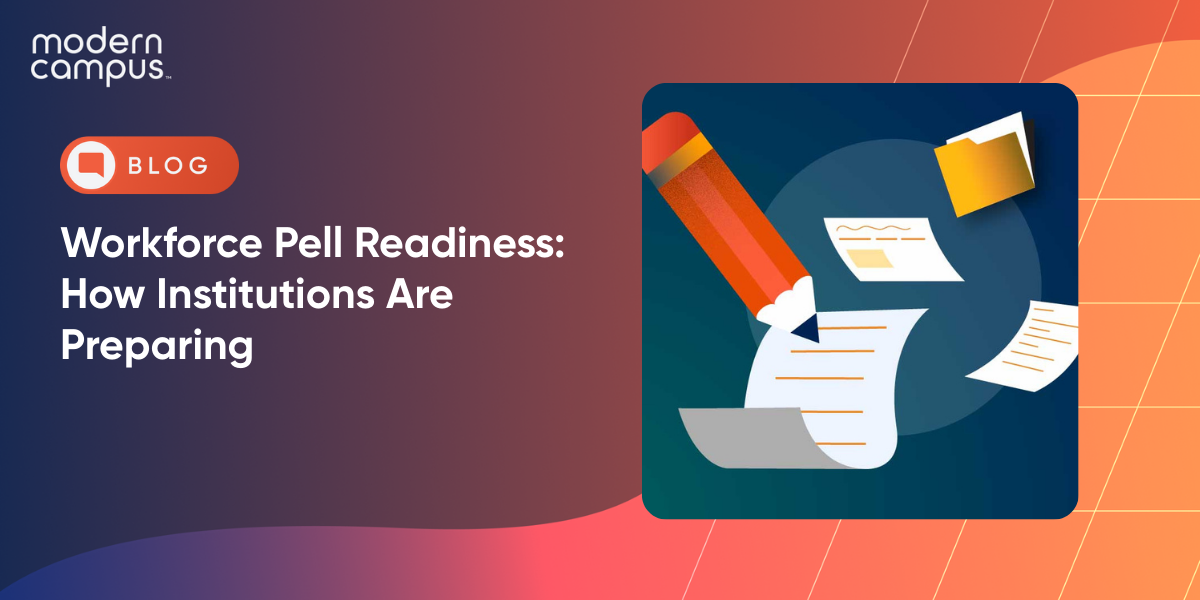Looking for a Vendor? Make Sure Your Mission Aligns First
INSERT IMAGE HERE
Vendor partnerships have been popping up more and more in every industry and higher ed has not been left untouched. Colleges and universities are beginning to realize that they simply cannot do everything efficiently and effectively without help. In order to save time and money while still delivering an optimal experience to their students, institutions are partnering with vendors for everything from IT to marketing services. As a result, the vendor landscape has become highly competitive and institutions now have a range of options to choose from when selecting a partner. How does an institution know which vendor is the best choice?
There are many steps that go into selecting a vendor to partner with. Institutions must be cautious when making these decisions, as a poor partnership can be detrimental to the institution’s programming and its bottom line. One of the first questions an institution should ask a prospective vendor is whether or not their missions align.
Here is what one administrator had to say about the importance of choosing a vendor that aligns with the institution’s goals:
“The chosen options should fit the needs, risk appetite, plans and values of the university
community. That is, the university must understand its motivations, maturity, ability
to act as a good partner or customer and the implications of both success and failure.”
- Ken Udas, Deputy Vice Chancellor and Chief Information Officer, University of Southern
Queensland
Mission alignment is important for both the longevity and the overall success of the partnership. If the two parties have radically different expectations for a project, it is unlikely both goals will be met. Mission alignment encompasses more than just the overall purpose of the project. Here are some other factors institutions should consider when questioning whether a vendor’s mission aligns with their own:
What is the timeline on the project? Is the vendor assuming implementation will be
an in-and- out procedure with minimal follow up, or do they expect the relationship
to remain and develop over time?
What does the vendor gain from a partnership with this specific institution? Vendors
have their own set of expectations for their institutional partners. Institutions
must be sure that they can meet these standards.
How will success be measured? Both parties may have different understandings of what constitutes an accomplishment. A process for measuring success must be agreed upon.
What financial implications does the project have? Institutions must be savvy shoppers when choosing a vendor partner and ensure they are not sold services a vendor cannot deliver.
When a vendor’s goals align with their institutional partner’s, a project will ultimately be stronger, more effective and more likely to be mutually beneficial. By understanding the core mission a vendor brings to the table, the relationship is more likely to develop into a true partnership.
Here is what one administrator had to say about the positive effect aligned missions can have on a relationship with a vendor:
“Both sides are trying to provide access to education. We have identified our goals and work together to reach them. So, while these relationships may start as a client-vendor relationship, when successful, they transform into partnerships.”
- Carol Fleming, Senior Director for Outreach & Engagement, James Madison University
Mission alignment is just one large piece of the puzzle that institutions must look at when choosing their vendor partner. For information about the other components necessary for a successful vendor partnership, read this Executive Guide.
Last updated: February 1, 2021


